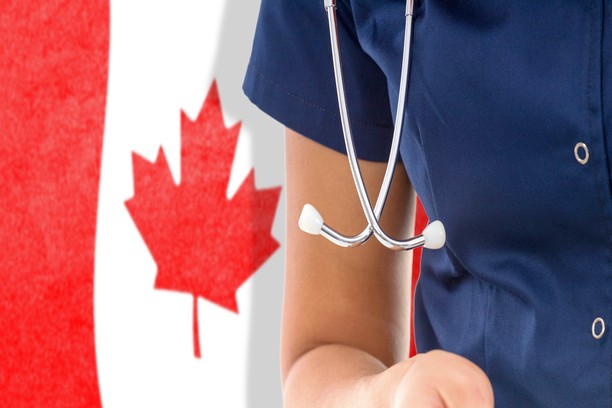

Moving to a new country brings many challenges. One of the most important things newcomers to Canada need to understand is how to access healthcare. Canada is known for its public healthcare system, but it works a bit differently than in many other countries. If you’re an immigrant, knowing how the system operates can save you stress, money, and time.
This guide explains what immigrants should know about getting healthcare in Canada. It covers how to apply for health coverage, what services are covered, and tips to get the care you need quickly.
Canada has a publicly funded healthcare system, often called “Medicare.” It means the government pays for most hospital and doctor services. The system is managed at the provincial and territorial level. This means each province or territory has its own health plan and rules.
When you become a resident, you apply for a health card from your province or territory. This card lets you access most medical services without paying out of pocket. However, there are some services that are not covered by the public system, and you may need private insurance for them.
If you are a permanent resident, Canadian citizen, or protected person, you can apply for public health insurance. Some temporary residents, like certain work or study permit holders, may also qualify, depending on the province.
It is important to apply for your health card as soon as you arrive or as soon as you become eligible. Coverage usually starts after a waiting period of up to three months, depending on where you live. During this time, it’s smart to have private health insurance to cover any medical needs.
The process to apply for a health card varies by province or territory but generally includes:
Once approved, you’ll receive a health card. Keep this card with you and show it whenever you visit a doctor, clinic, or hospital.
Public health insurance covers many essential medical services, including:
However, public healthcare usually does not cover:
For these services, you may want to buy private health insurance or check if your employer offers a health benefits plan.
One of the first steps after settling in Canada is finding a family doctor. Family doctors provide primary care and help coordinate specialist visits when needed. They also offer preventive care and manage chronic conditions.
Finding a family doctor can take time. Some provinces have online registries or waitlists for people without a doctor. It’s a good idea to register early and keep looking until you find a doctor who is accepting new patients.
If you cannot find a family doctor, walk-in clinics offer an alternative. These clinics accept patients without appointments and can handle many common health issues.
If you face a medical emergency, go to the nearest hospital emergency room or call 911. Emergency services are covered by public healthcare regardless of your health card status.
For urgent but non-life-threatening problems, you can visit an urgent care centre or a walk-in clinic. These options are faster than emergency rooms and help with illnesses or injuries that need quick attention but are not emergencies.
Canada also offers public mental health services. These include counselling, therapy, and crisis help. Some services may require a referral from your family doctor. Many provinces have community programs specifically designed to support immigrants with mental health.
The pandemic showed how important healthcare access is for everyone. Vaccines, testing, and treatment for COVID-19 have been free for all residents and many visitors. Provinces continue to update health rules, so stay informed from trusted sources.
Canada’s healthcare system offers excellent coverage for many medical needs, but it works differently from other countries. For immigrants, understanding how to apply for health coverage, find a family doctor, and access services is key. Taking these steps early will help you and your family stay healthy and get the care you need with less hassle.
Having an 'Identity Verified' badge or being 'Identity Verified' simply indicates that an individual has submitted information to complete our identity verification process or we have conducted internal verification using various authorized websites. While this process includes safeguards, it does not guarantee that the person is who they claim to be.
If you encounter any issues with this profile, please report them here. While all consultants who are verified have RCIC ID, we may not have the latest data in terms of their renewal/cancellation/discontinuation of their RCIC ID.
The "Verified Consultants" profiles are created using publicly available information, including data from the IRCC website, official consultant sites, other listing platforms, and social media. Immiperts.com is an independent platform, not affiliated with IRCC or any registered immigration consultants. To update, claim, or remove your profile, please contact us at [email protected].
╳